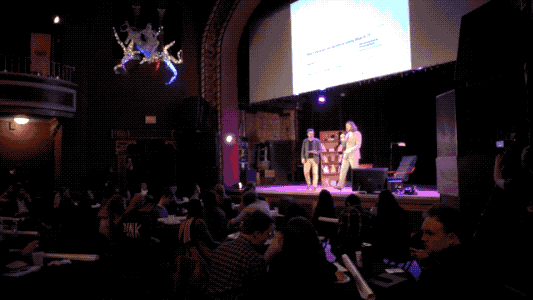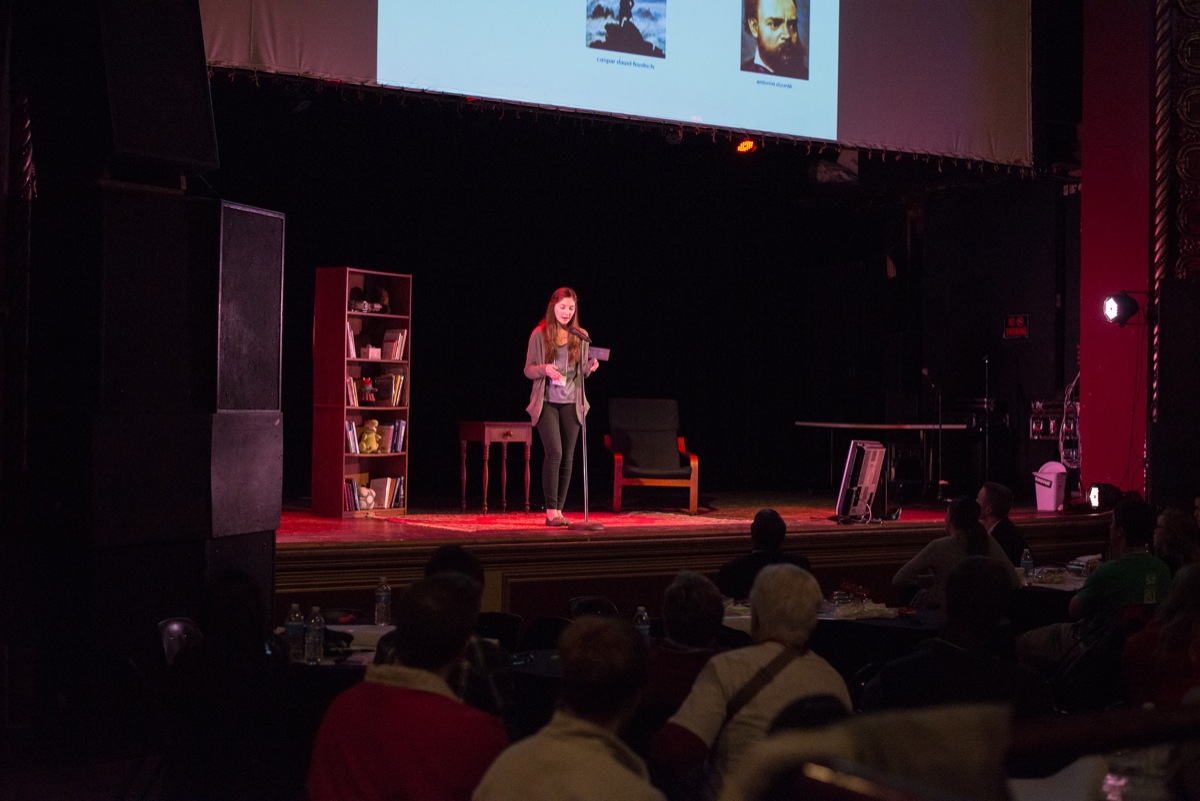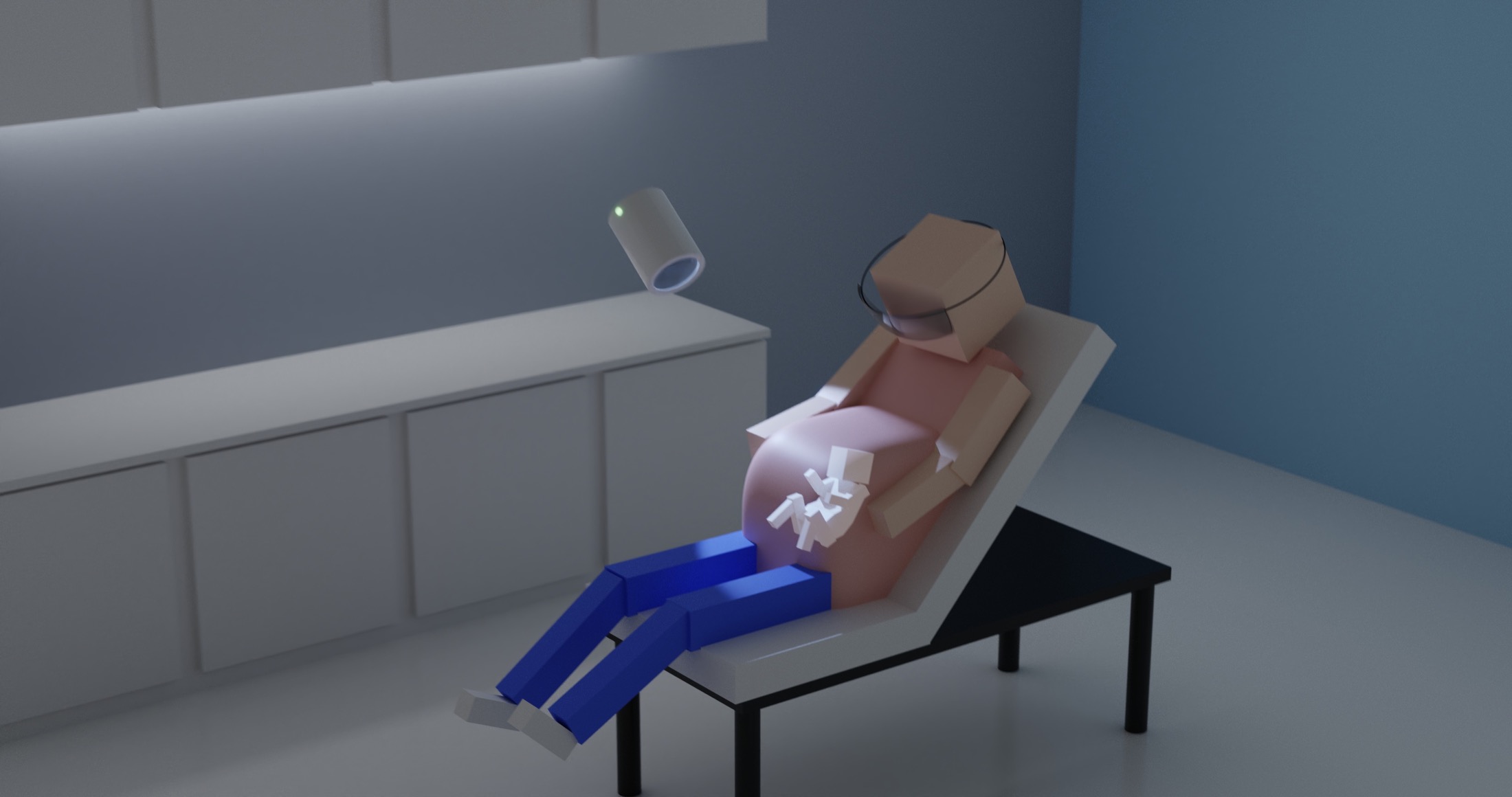
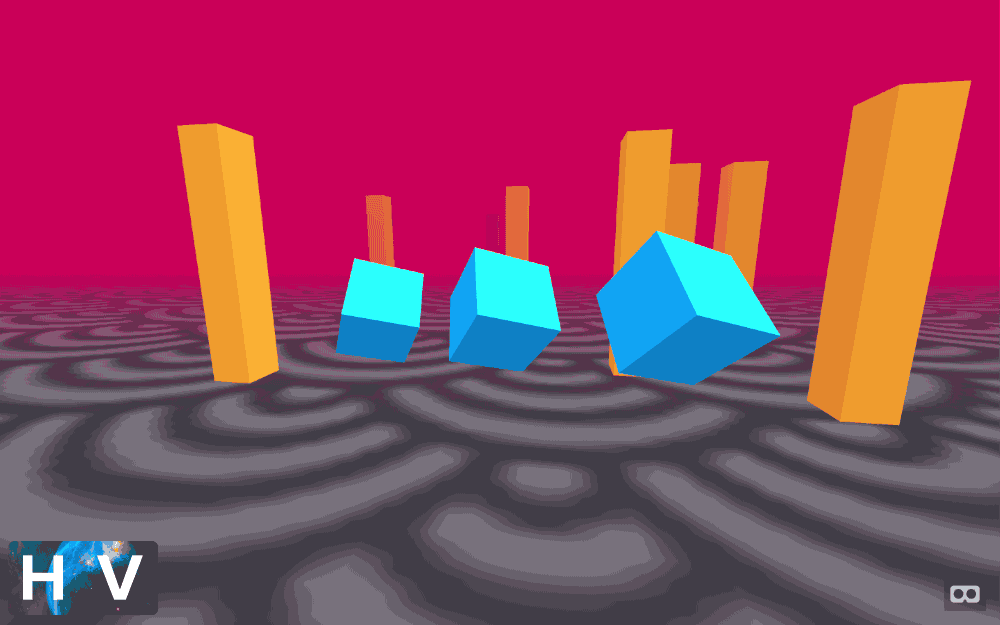

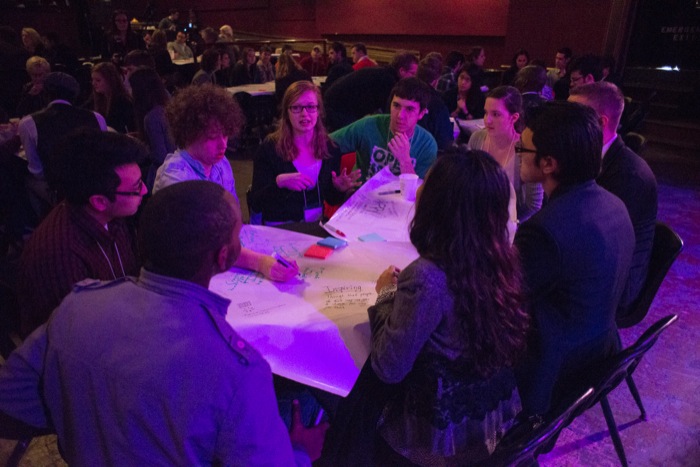
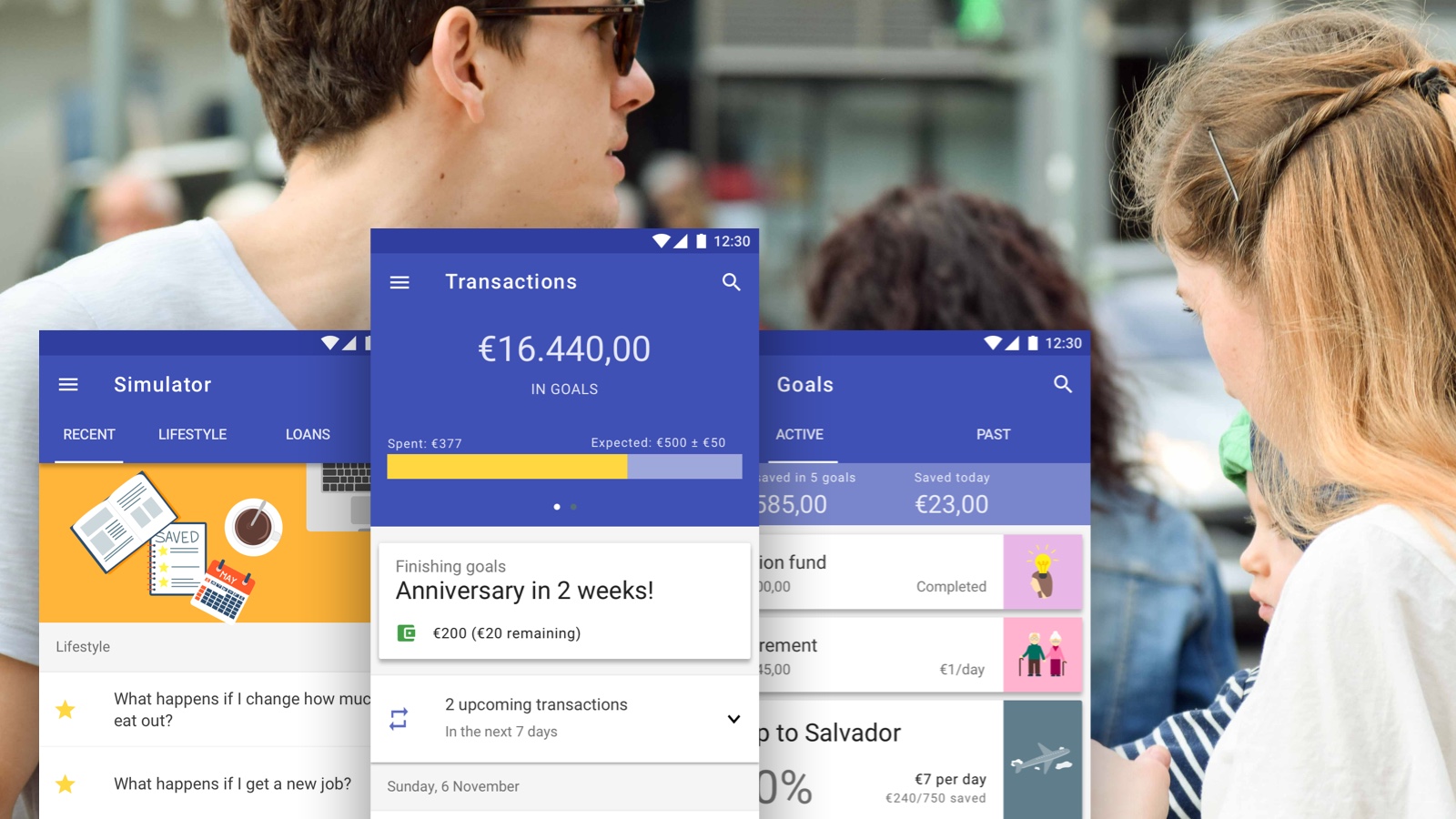
👋
I'm Andrew R McHugh
I am a designer turning spatial computing R&D experiments into great products.
👨🏻💻, 👨🏻🌾, 🚴🏻♂️
In undergrad, I studied four components of human experience: philosophy, a humanities perspective on technology, math, and physics.
On the side, I created a startup/conference, What If…?, that encouraged active curiosity. I also led a sustainability house, led efforts for a campus revolving sustainability fund, and created a campus bike share program.
👨🏻✈️
Continued to design and produce The What If…? Conference, helping 1000s ask their own questions.
👨🏻🎨
Left What If…? to pursue a career in a nascent technology that could use ethical designers: spatial computing.
Stint at an agency and as a freelancer, doing UX design and front-end web development. A few shipped products: (1) a home service worker app, (2) a political campaign management app, and (3) a restaurant food temperature app.
👨🏻💻, 🙌🏻, 🏦
Dual-degree master's in human-computer interaction at Carnegie Mellon University and the Madeira Interactive Technologies Institute (a small Portuguese institute off the coast of Morocco).
Researched how haptic feedback can change moral decisions in VR (and it was even featured in the Wall Street Journal). Led a team of three for client work to design a consumer banking app for the Portuguese market that, honestly, we all need.
📕
Published a young adult non-fiction book, The Book Of What If…?: Questions & Activities for Curious Minds. Published in English, Macedonian, & Chinese.
🤓 & 😎
Designed future AR & VR interfaces at Samsung Research America. With my team, I researched, designed, and prototyped ways to make spatial computing more human.
🚀
Creating an immersive memory startup, Vivid. Designing, developing, and a little bit of worrying.
Selected projects
Samsung+ 🤓
Spatial computing & magic glasses
A mixture of details about Samsung and my personal 3D work, respecting my NDA.
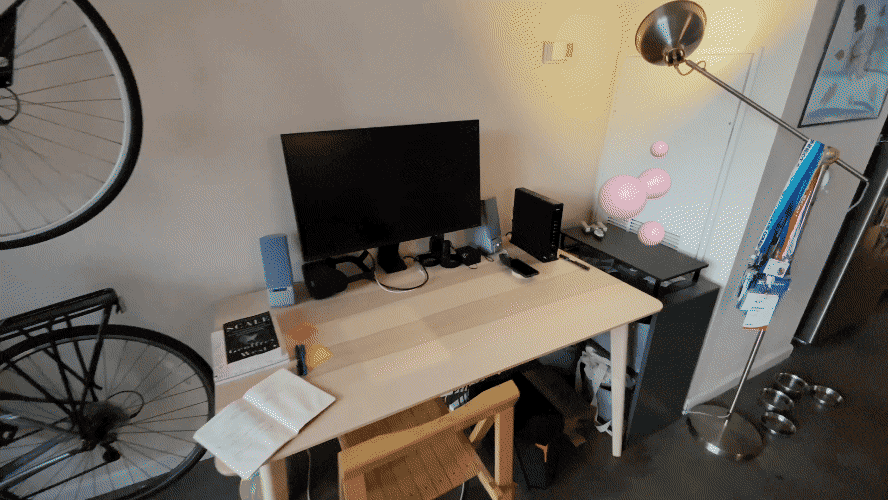
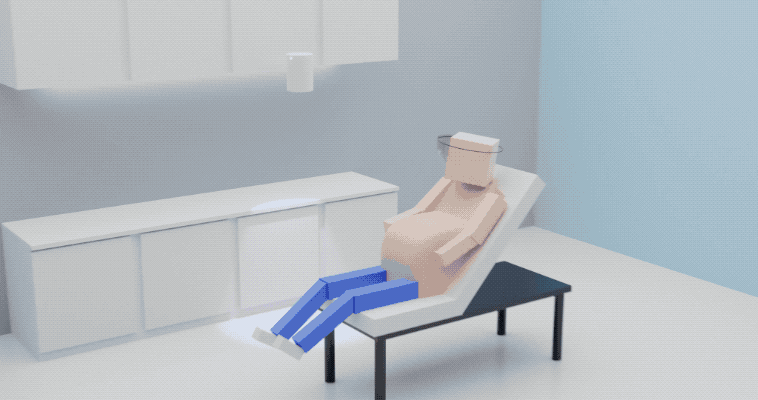
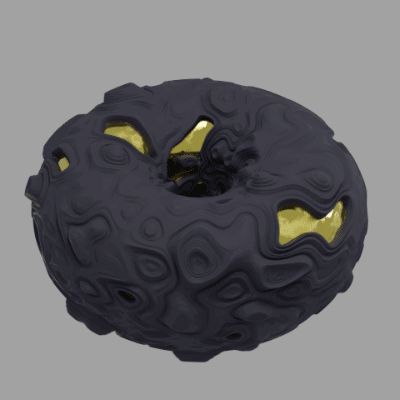
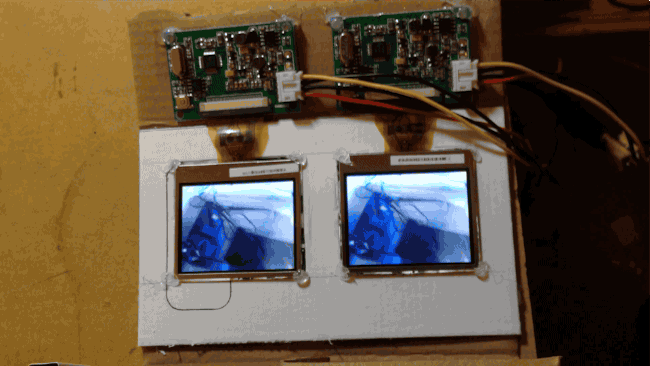
Echo 💸
Transparent consumer banking in an opaque market
We created a better banking product that employs learning and prediction for the consumer to use. We spent eight months researching, designing, prototyping, and user testing our app in the Portuguese market. Our client was Exictos, a Portuguese banking software company. Echo lets you master your finances.
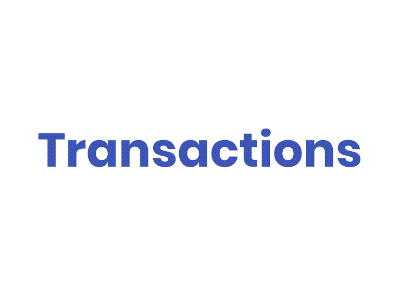
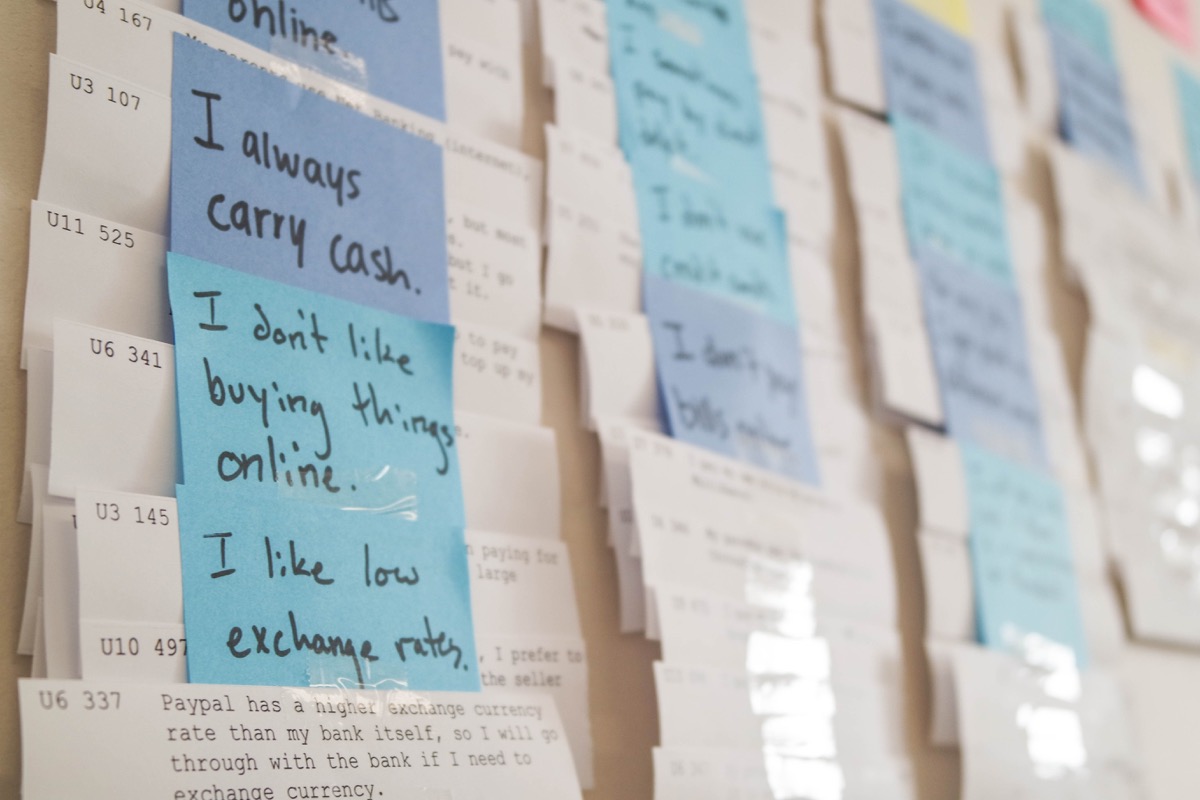
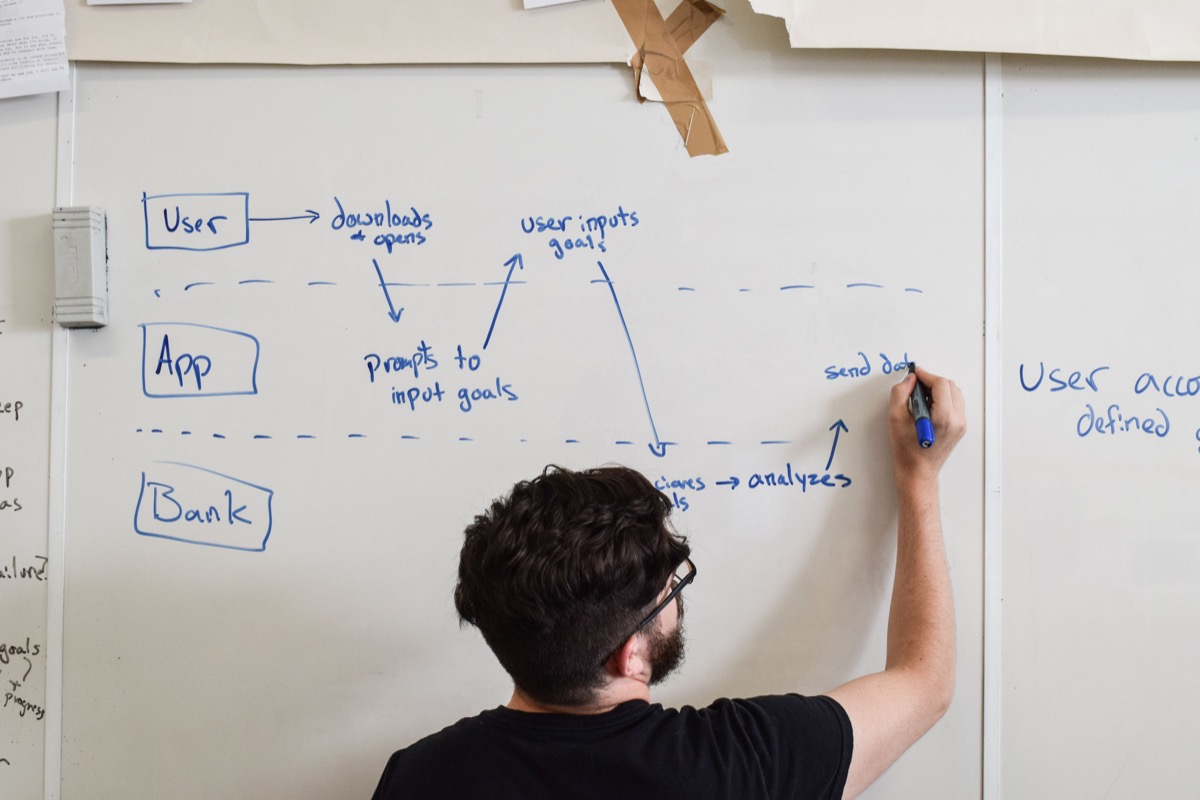
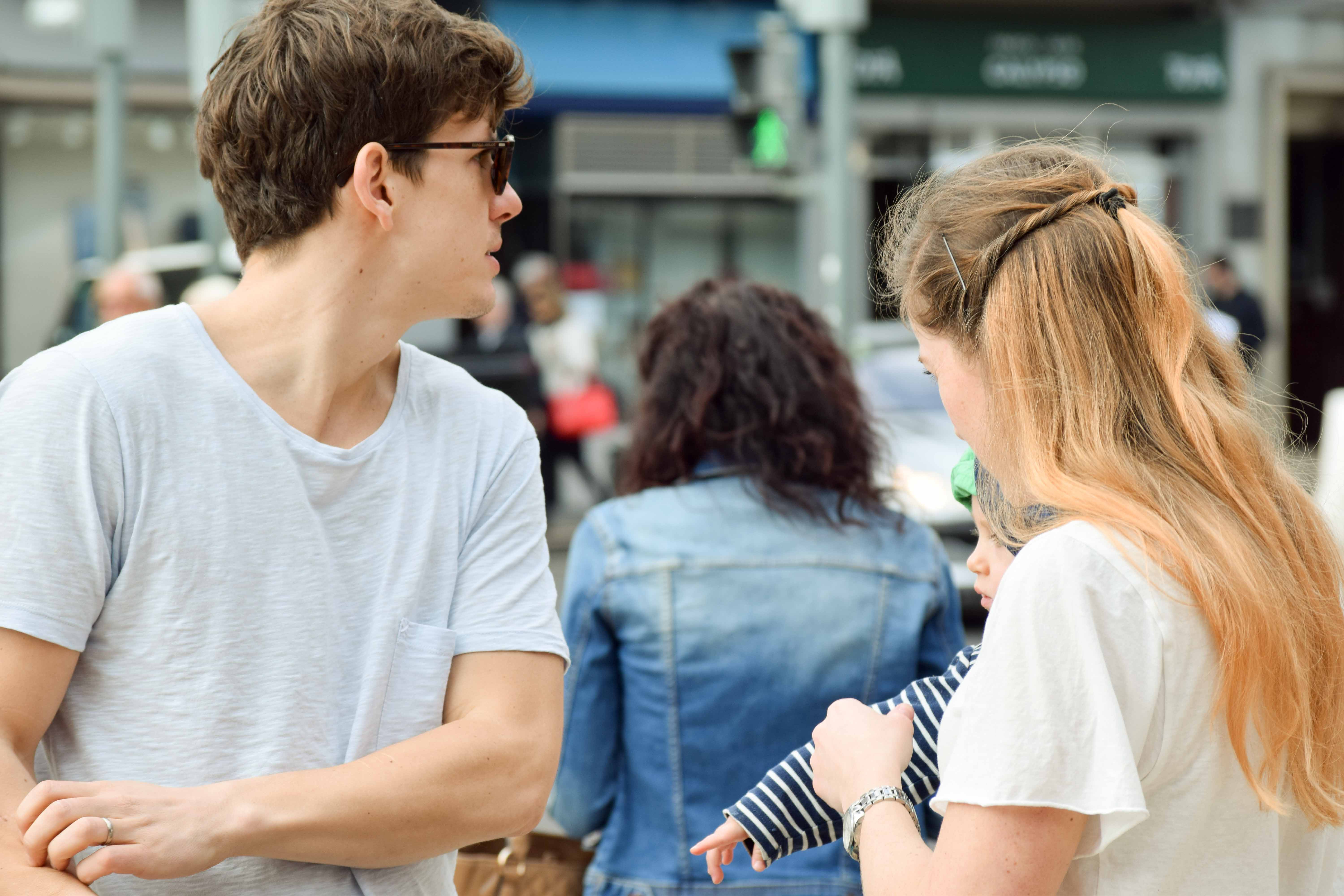
Humane Virtuality 😎
Researching the future of VR UX in week-long sprints
For three months, I explored VR UX design with the goal of learning new technologies; designing humanely; creating rapid, interactive prototypes; and regularly sharing my work through case studies and weekly journals.

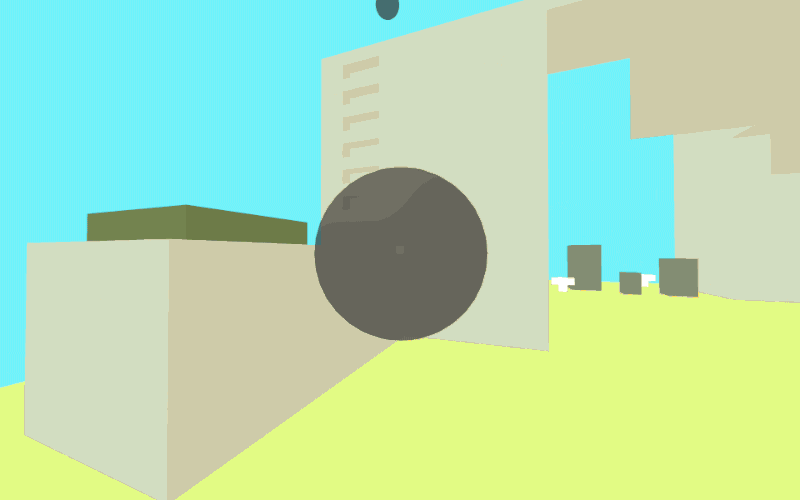
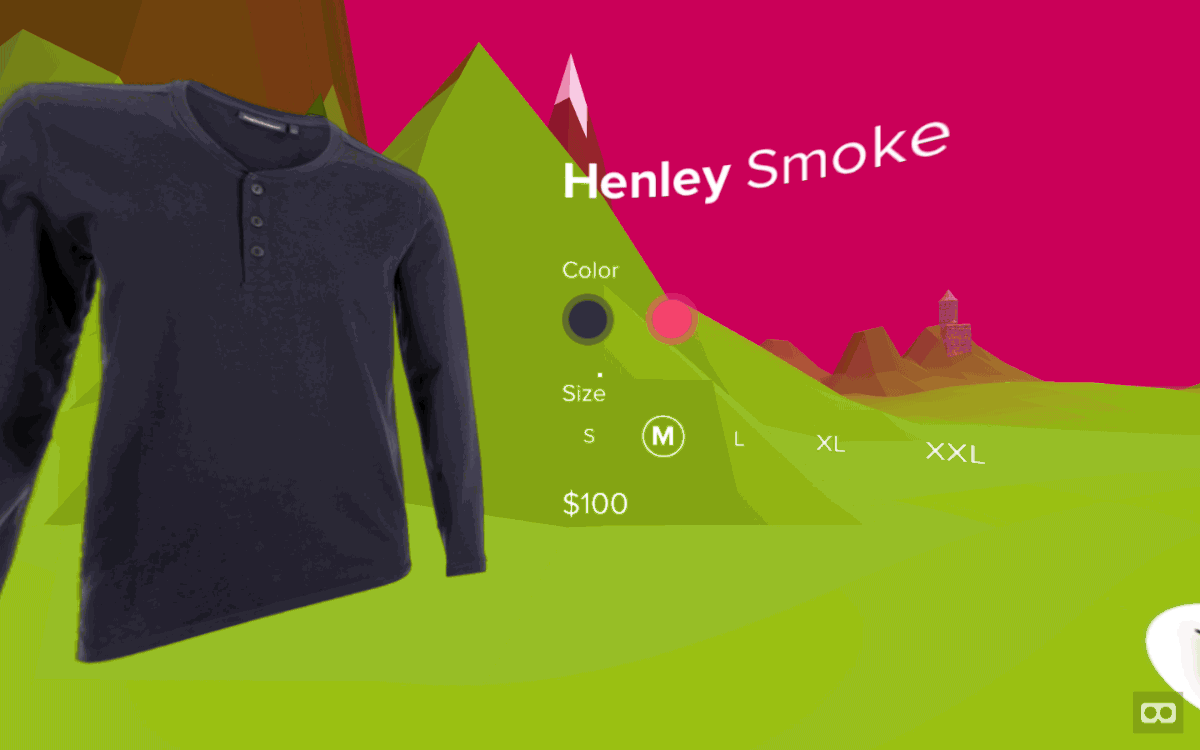
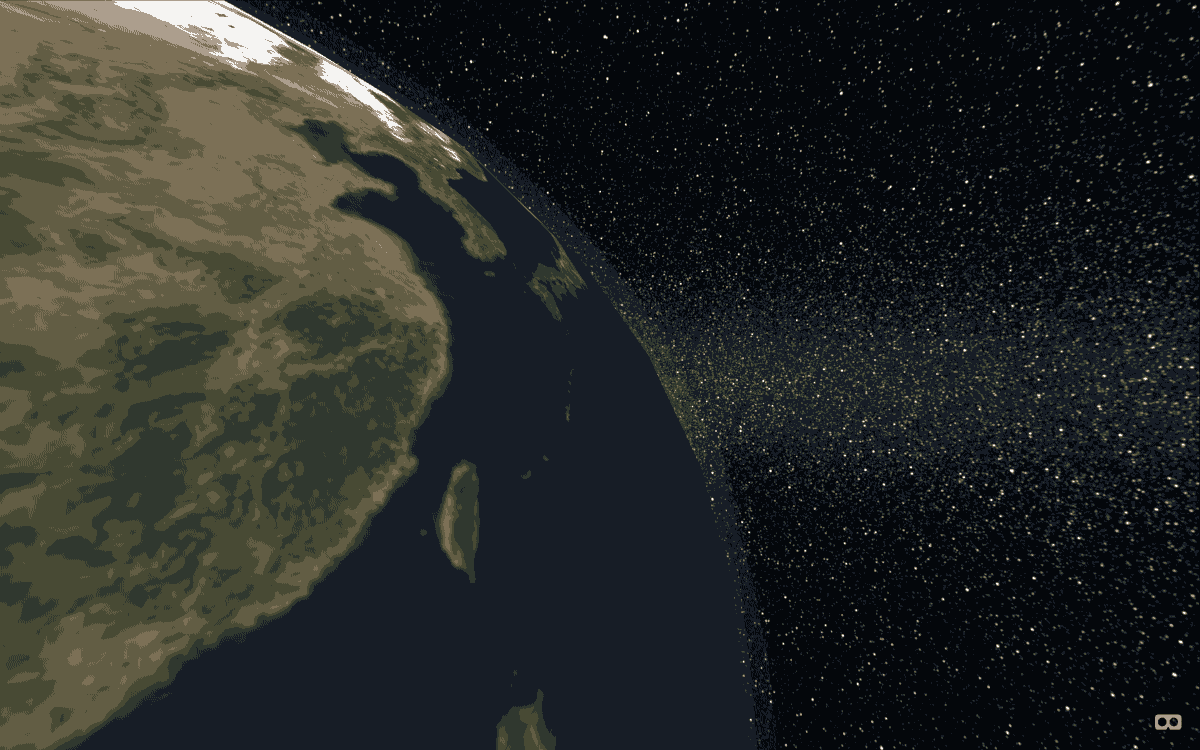
Moral Decisions & Haptics in VR 🚋
Does feeling a virtual world change your moral decisions?
We created a VR environment to test an isomorph of the philosophical Trolley Problem. Some participants could feel the world around them while others could not. We found that participants who have haptic feedback are less likely save four people (by killing one person in reach) than their non-haptic counterparts.
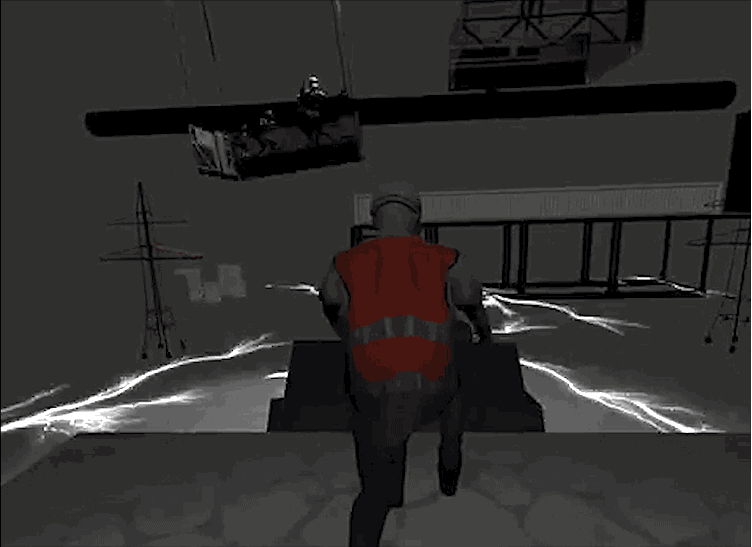


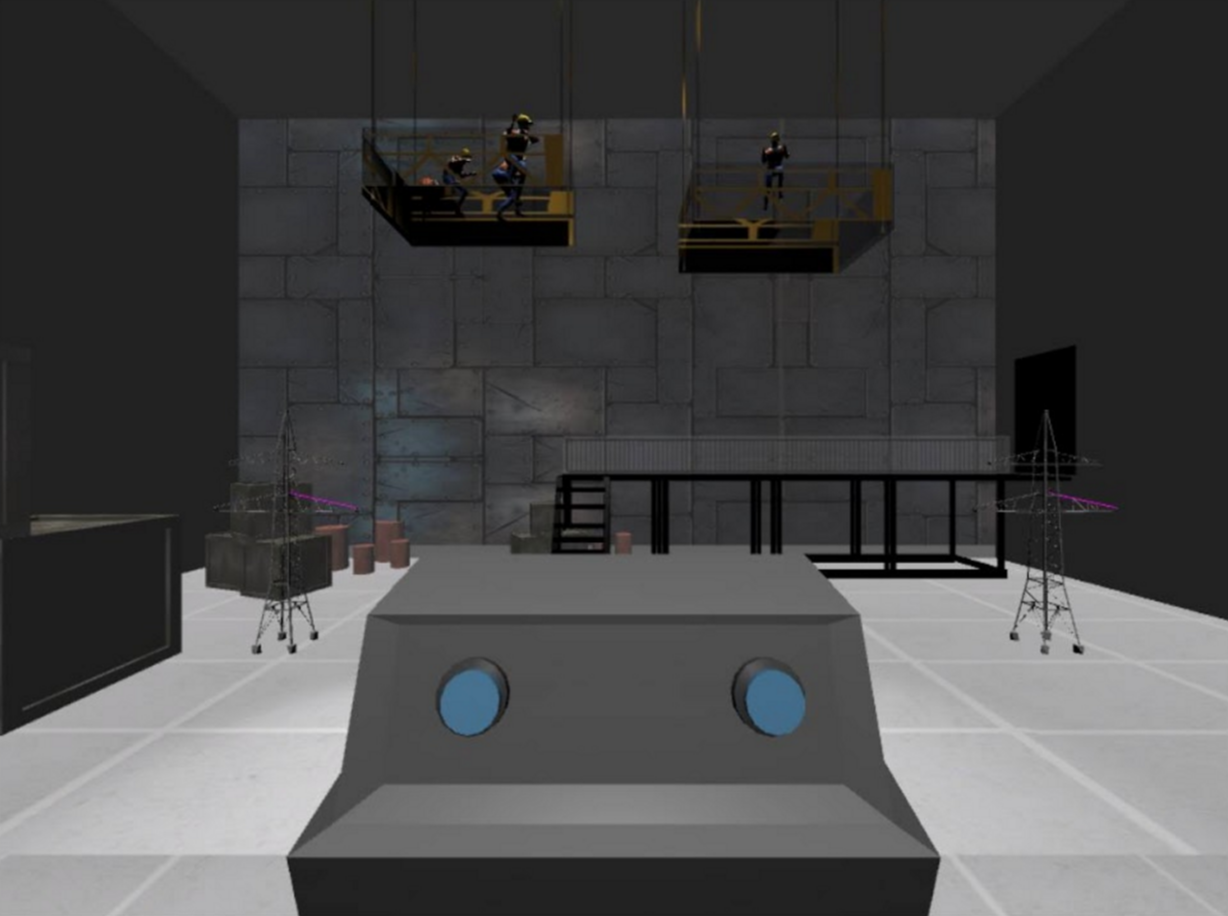
What If…? Conference & Book 🤔
Active curiosity to the max
In 2010, I cofounded a conference that used curiosity to inspire and provoke attendees into action. I ran the production side of the company, ensuring design and quality. A multifaceted company, we created conferences, workshops, independent conferences, and a book. We helped 1,000s of people solve problems by teaching them how to ask better, more radical questions.
